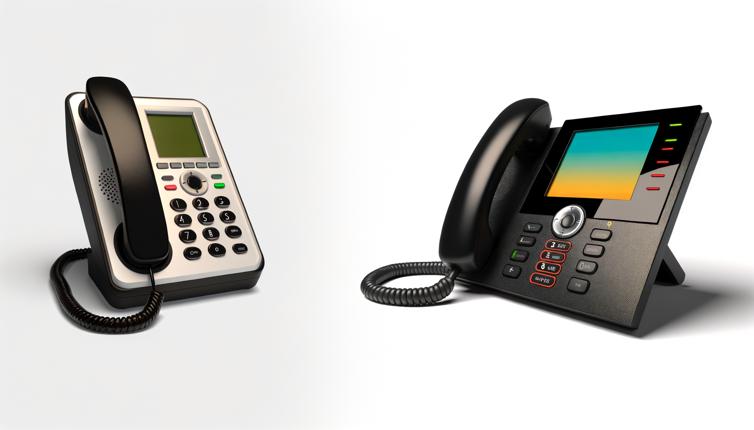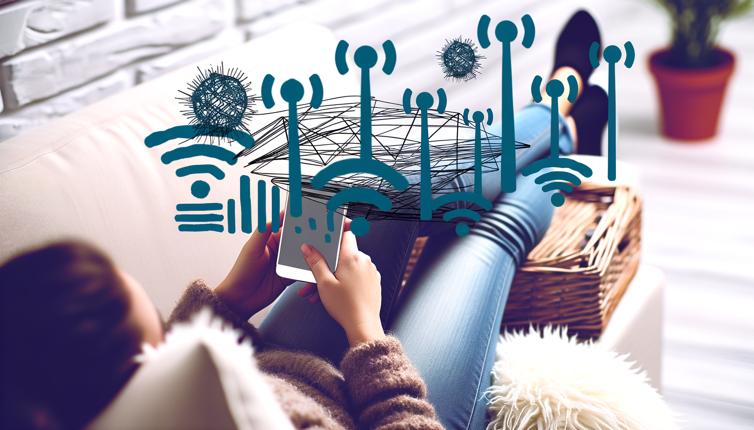What is a Smart Home?
A smart home is a house that utilizes internet-connected devices to enable remote monitoring and management of appliances and systems. These devices can include smart thermostats, smart lights, smart locks, and even smart appliances like refrigerators and ovens. By connecting these devices to a central hub or network, homeowners can control and automate various functions of their home.,One of the key features of a smart home is the ability to control devices through voice commands or smartphone apps. This allows homeowners to adjust the temperature, turn on lights, lock doors, and even check security cameras from anywhere with an internet connection.,Additionally, smart homes can offer energy efficiency benefits. For example, smart thermostats can learn your schedule and adjust the temperature accordingly, resulting in reduced energy consumption and lower utility bills. Smart lighting systems can also be programmed to turn off when no one is in a room, further saving energy.,Another advantage of a smart home is increased security. With smart locks and security cameras, homeowners can remotely monitor and control access to their home. They can receive alerts if someone attempts to enter the home or if there is any suspicious activity. Some smart home security systems can even automatically contact emergency services if a break-in is detected.
Considerations Before Making the Switch
While the benefits of a smart home are clear, there are a few considerations to keep in mind before making the switch:,1. Compatibility: Before investing in smart devices, it's important to ensure that they are compatible with your existing home infrastructure. Some devices may require a specific hub or network to function properly.,2. Reliability: Smart home devices rely on an internet connection to function. If your internet goes down, you may temporarily lose control over your smart devices. It's important to have a reliable internet connection to ensure uninterrupted functionality.,3. Privacy and Security: Connected devices can potentially be vulnerable to hacking or data breaches. It's important to choose reputable brands and take necessary precautions to protect your privacy and security.,4. Cost: Smart devices can be more expensive than traditional devices. It's important to consider the upfront cost of purchasing these devices, as well as any additional subscription fees for certain services or features.,5. Learning Curve: Transitioning to a smart home may require some initial setup and learning. You'll need to familiarize yourself with the functions and features of each device and learn how to control them effectively.,By considering these factors and doing thorough research, you can make an informed decision about whether a smart home is right for you.
Conclusion
Making the switch to a smart home can offer numerous benefits, including convenience, energy efficiency, and improved security. However, it's important to carefully consider factors such as compatibility, reliability, privacy and security, cost, and the learning curve before diving in. By weighing these considerations and doing your due diligence, you can make a well-informed decision about whether a smart home is the right fit for your lifestyle and needs.









